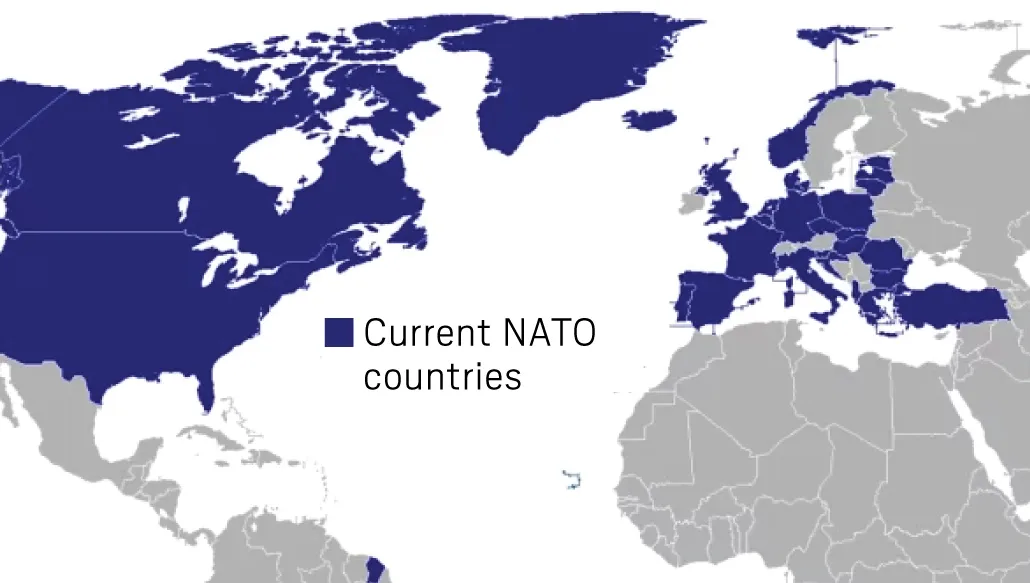Table of Contents
BICOM
BICOM provides accurate, timely and balanced information that is read by officials, experts, journalists and many others.
1. IDF enters Al-Shifa Hospital
Gaza Strip: IDF troops entered the hospital compound in Gaza City early this morning.
- IDF spokesperson Daniel Hagari said the IDF’s military activity is taking place according to operational needs, “in a specified complex for which there is intelligence information indicating terrorist activity.”
- Before entering the hospital, IDF forces encountered explosives and terrorist squads and a fight ensued during which terrorists were eliminated.
- As part of a humanitarian effort, the IDF confirmed this morning that incubators, baby food and medical supplies have now reached the hospital. Hagari added that “medical teams of the IDF, together with Arabic speaking soldiers, are present in the field to make sure that the medical equipment reaches those who need it.”
- Earlier yesterday, IDF officials said that a search of the basement of Rantisi Hospital had turned up several suicide vests, rockets, and anti-tank missiles, in addition to potential signs that hostages had been there.
- The IDF has also assumed operational control of the Al-Shati refugee camp in Gaza City and has and continued to seize other Hamas governmental and military assets in Gaza City.
- Defence Minister Gallant said, “Hamas has lost control, and we control the entire area of the northern Gaza Strip, and in particular in Gaza City. The entire city is in practice a single terrorist fortress. We haven’t the moral right to stop the fighting as long as the hostages are held.”
- In addition, IDF ground troops yesterday located a Hamas training camp containing terror tunnel shafts, classrooms, intelligence material, and weapons including rockets and loaded RPGs.
- Despite the IDF’s control over northern Gaza, sporadic rockets continued to be launched from southern Gaza. A 20-year-old man was seriously wounded and a woman in her forties was slightly wounded by shrapnel from a rocket that fell in Tel Aviv.
The North: In a relatively quieter day in the northern section, there were four instances of anti-tank four directed towards northern Israel, with no injuries reported. The IDF targeted an additional four cells before they were able to launch attacks.
A senior member of Hamas in Lebanon, Osama Hamdan, said it still intends to continue attacking Israel. “We are telling the occupation that the battle is still at the beginning,” Hamdan said at a press conference, “What is coming is bigger.”
Hostages: Israel’s War Cabinet received an update on the negotiations for a potential hostage deal.
- Shin Bet chief Ronen Bar was in Egypt for talks with with Director of the Egyptian General Intelligence Directorate Abbas Kamel in an attempt to advance a deal.
- Families of the hostagesset off on a march from the Tel Aviv square dubbed ‘Hostages Plaza’ to PM Netanyahu’s office in Jerusalem, demanding a full deal to release all captives.
Context: Israeli forces now exercise effective control over northern Gaza, including over Hamas’s parliament building in Gaza City.
- Israel continues to try and advance its two primary objectives – toppling the Hamas regime in Gaza and badly damaging its military capabilities, as well as freeing the hostages.
- Israeli forces now exercise effective control over northern Gaza, including over Hamas’s parliament building in Gaza City.
- It has, for several weeks, urged Gazan civilians to move south away from fighting and hospitals in conflict areas to begin evacuation processes.
- The IDF assesses it has mapped out 95 per cent of the underground city beneath Shati, considered one of Hamas’ main infrastructure centres, 30 per cent of which has already been destroyed.
- Hamas’ Security Square and the parliament building, which originally belonged to the Palestinian Authority and which Hamas took by force in 2007, has also been taken.
- Two brigades deployed by Hamas in northern Gaza and Gaza City have been critically harmed and their chain of command is only partially functioning. Yet three other brigades in the refugee camps in the centre of Gaza and in Khan Yunis and Rafah, have sustained little damage and are still maintaining a chain of command and control. Hamas does not seem to be in any rush to surrender.
- A possible deal is being discussed which would include the release of dozens of kidnapped civilians in exchange for dozens of Palestinian female prisoners, teenagers or sick prisoners, a humanitarian truce and the introduction of fuel and additional aid to the Strip.
- US President Joe Biden said he believes the release of hostages held by Hamas is “going to happen, but I don’t want to get into any details.” Israel continues to rate the chances of reaching a deal as “moderate.”
- Disagreement remains over the number of hostages to be released, and humanitarian relief measures that Israel would have to permit in exchange. Israeli officials have said that they doubt that Hamas will agree to release all the children and women in the deal, believing that Hamas will try to hold onto as many means of pressure as possible on the hostages’ families and, through them, on the broader public and the government.
- Palestinian Islamic Jihad has said it may wait for “better conditions” to release the 34 hostages it holds and may opt out of any deal between Israel and Hamas.
- The IDF believes Hamas held hostages beneath Al-Shifa Hospital. About 700 patients along with another 800 staff and others remain in the hospital. By sending in medical teams, the IDF is making a clear distinction between Gazan civilians and Hamas fighters.
- Beyond the southern and northern front, Israel continues to contend with threats from Yemen. A surface-to-surface missile, believed to have been launched from Yemen at Eilat was intercepted over the Red Sea by the Arrow air defence system.
- Senior US official Brett McGurk arrived in Israel today for the start of a regional visit.
- McGurk’s agenda is the expansion of humanitarian assistance to Gaza, application of economic pressure on Hamas, to demand the immediate release of the hostages, and to consult on a viable pathway to a Palestinian state.
Looking ahead: Israel will allow UNRWA fuel trucks to enter the Gaza Strip via the Rafah border crossing to facilitate the agency’s ongoing humanitarian work in southern Gaza.
- After its impressive achievements in the northern Gaza Strip, Israel will soon likely have to contend with the south, in which Hamas retains control and into which approximately 1 million northern Gazans have now fled.
- The leader of the Houthissays the group will continue attacks on Israel, and that they are “looking for Israeli ships in the Red Sea.”
BICOM Background Briefing: Operation Swords of Iron
BICOM published a comprehensive background briefing on Operation Swords of Iron, including background on Hamas, Israeli policy on Gaza, and Israel’s obligations under international law. Read the full briefing here.
PODCAST
Episode 219 | Briefing with Efraim Halevy
In this recording of a live briefing, Richard Pater speaks with former director of the Mossad Efraim Halevy. Halevy presents his assessment of Israel’s operation in the Gaza Strip, the chances of Iran entering the conflict and the response within Israeli society. Halevy joined the Mossad in 1961 and advanced through its ranks. From 1990–1995, he served as an emissary and negotiator on behalf of Prime Minister Rabin and Israel’s ambassador to the EU. From 1998, Halevy served as head of the Mossad during the terms of Prime Ministers Netanyahu, Barak, and Sharon. In 2002 he became the head of the National Security Council.









